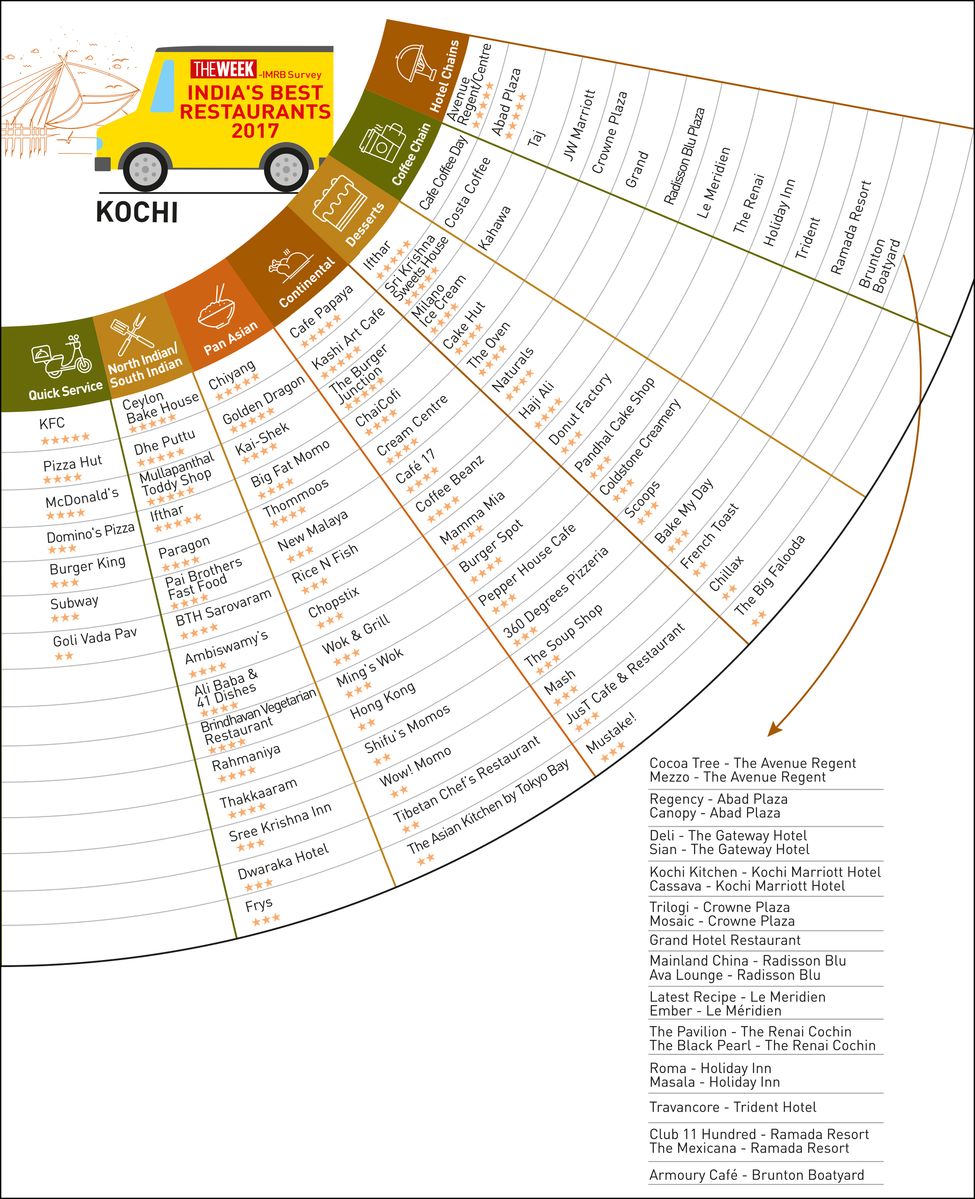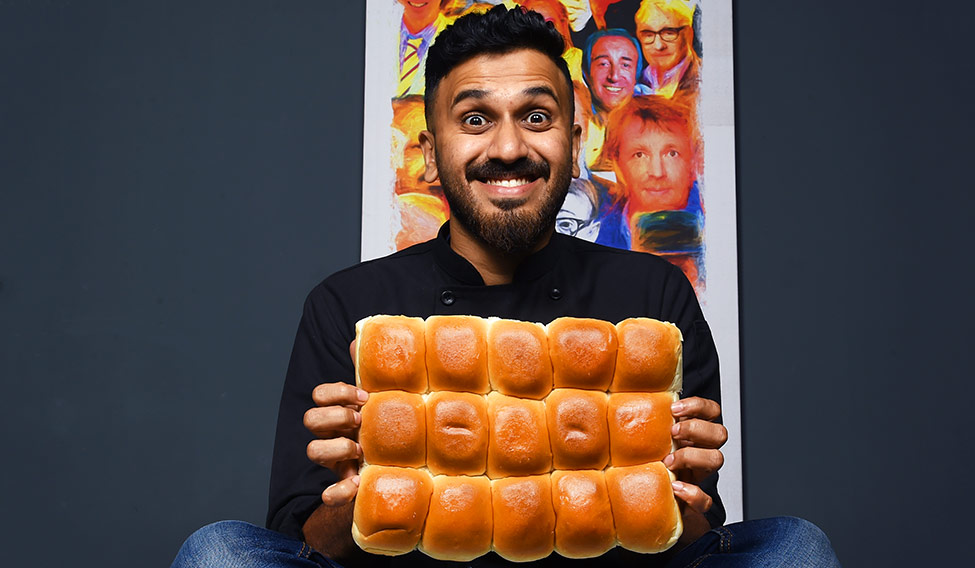There is a song called Chillane in director Aashiq Abu’s Malayalam film 22 Female Kottayam, starring his wife Reema Kallingal. It compares a woman to a flower that leaks drops of honey. Penne ninne kaanan, tharakam manathu vanne, go the lyrics. [To get a glimpse of you, woman, stars appeared on the sky.] This is heavy-duty poetry which belies the dark, gritty underbelly of the film, about a woman who takes revenge on her rapist. The grainy voice of the singer is a call to arms; the music is wielded to wage war. The film rattled society, not just by its content but by its courage. The couple cheekily cocked a snook at unspoken cinematic rules in Kerala that barricaded certain subjects. Cinegoers, with that instinctive attraction towards those who have no need of their adulation, lapped up the film and adulated the duo. Like all good things that endure, the film subtly dented society’s status quo, inflicting a painful blow on the black-and-white fabric of Malayali morality.
What 22 Female Kottayam did for Malayalam cinema, Café Papaya, started by Abu and Kallingal five years ago, is hoping to do for Malayali cuisine and culture. The location of the restaurant, desolately perched on a narrow bylane of North Janatha Road in Kochi, is not just about place but also about time. It attempts to position itself in its own conception of the future—a future where cafes are where ideas are incubated, creativity is lit up and happiness is encapsulated in each mouthful of the chocolate mud pie that you are served. Inside, it looks a little like a physical version of Facebook. Or the pamphlet of a life insurance policy—a land where everyone is happy, teeth are white and smiles are bright. Young, hip boys in pants as pointed as their opinions and stylish girls with loud laughs are lolling about on low sofas.
The restaurant’s interiors reflect the same careful carelessness of its owners. One wall is partially covered with grunge film posters. A performance area is demarcated by a set of drums in the front. Tables and chairs are artfully arranged in the middle. Café Papaya has hosted performances by popular Indie bands like When Chai Met Toast and stand-up groups like East India Comedy. Many-a-time, they have gone the unconventional route; for example, by bringing guest chefs from around the world and naming dishes after them. Next to the café is a small library where Jean-Paul Sartre tangoes with Nigella Lawson, perhaps discussing the existential principles behind a slow roasted chicken.
When you taste the food at Papaya, you feel it could have survived even outside the shimmer and gloss of its surroundings; it is that good. They have played a lot with flavours, mixing unconventional and contrasting ones together. “We offer a healthier and tastier fresh mango sauce blended with olive oil and mint in the place of mayonnaise,” says the chef at Papaya, Nirmal Kutty, who describes his food as progressive fusion. “The sweetness of the sauce adds to the intensity and contrasts with the saltiness of the dish. A sauce and marinade make a huge difference. Every sauce has a personality of its own.” The olives and jalapenos gave a zing to the chicken ratatouille with zucchini, bell peppers and mushrooms simmered in a sauce, served on toasted bread. The smoking chipotle sliders served with a special sauce had a pleasing tanginess to them. The chicken steak in mushroom velouté was a simple but tasty dish, no acrobatics of ingredients attempted in its creation. The apple and strawberry crumble with ice-cream was not too stickily sweet. The melon colada was a little heavy on vanilla but otherwise, the food was flawless.
Kutty wants his dishes to be creative and conceptual. “In Japan, they don’t give the same dish prepared in the same way twice. They use different spices, different fish… They serve fresh food made with few ingredients. I want to try that here. I ask my boys in the kitchen not to copy and paste every recipe, but to innovate. They are given different books to read and encouraged to try something new every once in a while.” He says that in a small way, cities like Bengaluru are a saturated market, but Kochi, offers a lot of scope for innovation. Many IT kids are coming from other cities and outside influence has created demand for experimental cuisine. People are willing to try out new things here. The culinary landscape is changing rapidly. Then, he says something with the air of a seasoned philosopher that makes it less of the cliché that it is: “After all, change is the only constant.” Sartre would have been pleased.







